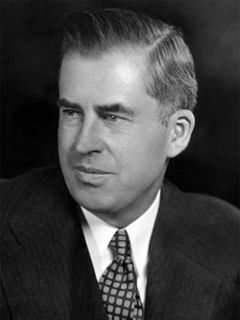A Quote by Richard A. Falk
It may be that there is so much ambiguity and ideology attached to the term 'terrorism' that it is best to avoid its use altogether, as it is likely to be twisted in public discourse to demonise the enemies of the established order, while exempting state violence from legal and moral scrutiny.
Related Quotes
Control of thought is more important for governments that are free and popular than for despotic and military states. The logic is straightforward: a despotic state can control its domestic enemies by force, but as the state loses this weapon, other devices are required to prevent the ignorant masses from interfering with public affairs, which are none of their business… the public are to be observers, not participants, consumers of ideology as well as products.
If you speak [ about violence against Israelis], you are in an unspeakable place, have become a Nazi or its moral equivalent (if there is a moral equivalent). It certainly terrifies, but perhaps also it is a linguistic permutation of state terrorism, an assault that stops one in one's tracks, and secures the continuing operation of the regime and its monopoly on politically intelligible speech.
The obvious types of American fascists are dealt with on the air and in the press. These demagogues and stooges are fronts for others. Dangerous as these people may be, they are not so significant as thousands of other people who have never been mentioned. The American fascist would prefer not to use violence. His method is to poison the channels of public information. With a fascist the problem is never how best to present the truth to the public but how best to use the news to deceive the public into giving the fascist and his group more money or more power.
The term "state socialism" is not precise. Under this term many understand an order under which a certain part of the wealth, sometimes a quite considerable part, passes into state ownership or under its control while in the great majority of cases the ownership of plants, factories, and land, remains in private hands.
It may not be easy, in every possible case, to trace the line of separation between the rights of religion and the Civil authority with such distinctness as to avoid collisions and doubts on unessential points. The tendency to unsurpastion on one side or the other, or to a corrupting coalition or alliance between them, will be best guarded agst. by an entire abstinence of the Gov't from interfence in any way whatsoever, beyond the necessity of preserving public order, and protecting each sect agst. trespasses on its legal rights by others.
I think that it’s premature to call Libya a democracy because political order is still so fragile there and the command by the state over the means of violence is still so inadequate that I think state building remains a major challenge. And until the militias can be reined in and the authority of the democratically-elected state can really be firmly established, there’s still tremendous fragility and vulnerability in the unfolding story in Libya.

































